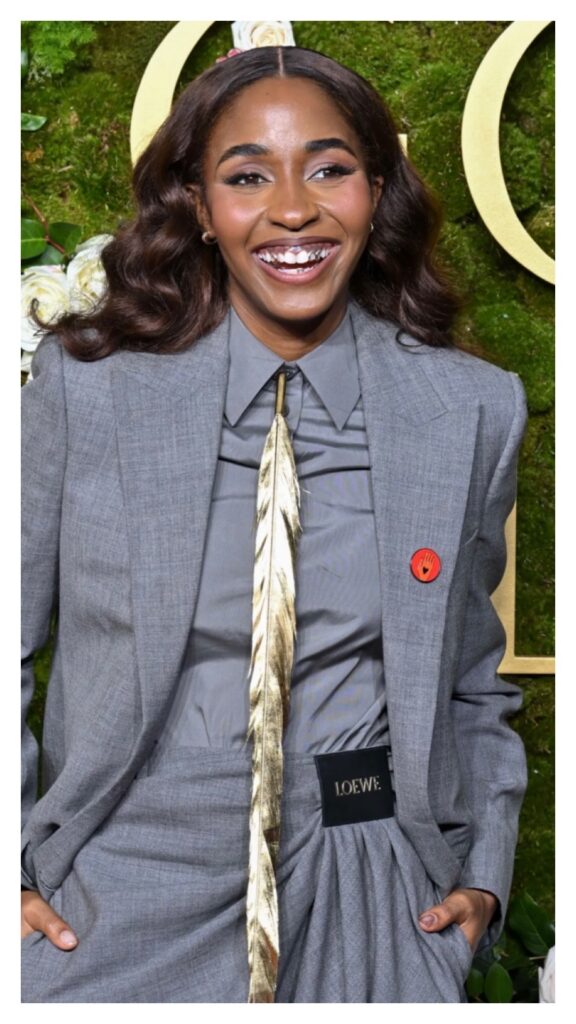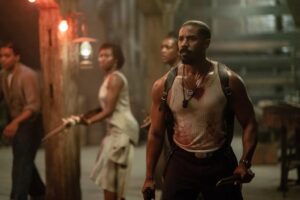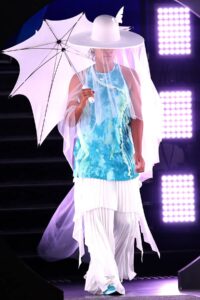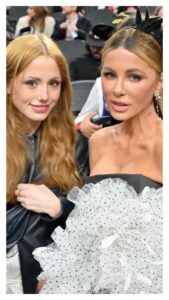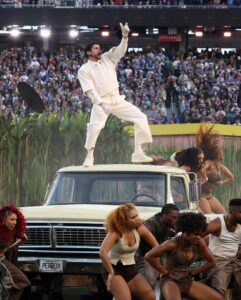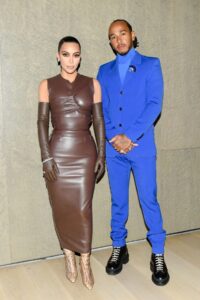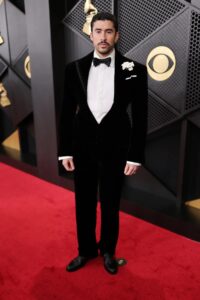Edebiri, who had been listening intently and appeared taken aback by the exclusion, seized the moment to interject. “Yeah, I know that that’s not for me, and I don’t know if it’s purposeful it’s not for me, but I just am curious. I don’t think it’s done. I don’t think it’s done at all,” she stated firmly, asserting her presence in the conversation.
The young actress offered a poignant insight, emphasizing that the fight against injustice and inequality is ongoing. “I think maybe hashtags might not be used as much, but I do think that there’s work being done by activists, by people, every day, that’s beautiful, important work that’s not finished — that’s really, really, really active for a reason, ’cause this world is really charged. And that work isn’t finished at all,” Edebiri articulated, her voice resonating with conviction.
As Edebiri continued, she highlighted the importance of acknowledging that while mainstream media coverage may have waned, the activism surrounding these movements remains vital. “Maybe there’s not mainstream coverage in the way that there might have been, daily headlines in the way that it might have been eight or so years ago, but I don’t think that it means that the work is done. That’s what I would say,” she concluded, garnering nods of agreement from both Roberts and Garfield.
The fallout from Polidoro’s question was swift, with numerous social media users expressing their outrage over her apparent oversight of Edebiri, a Black actress in the room. Critics highlighted the need for inclusivity in discussions about social justice, particularly in the entertainment industry. The backlash was so intense that Polidoro felt compelled to address the situation publicly.
In a lengthy Instagram post, Polidoro attempted to clarify her intentions, stating, “I would like to clarify that, rather than focusing on the thoughtful responses of Ayo Edebiri, Julia Roberts, and Andrew Garfield, the discussion continues solely on how I should have phrased the question.” She insisted that she had reported all contributions from the interview in full, without any omissions.
The Italian journalist also defended herself against accusations of racism, noting that her family is “multi-ethnic, matriarchal, and feminist, with a significant history of immigration.” Furthermore, she expressed that she reserves the right to seek legal protection against the online attacks directed at her.
As the conversation surrounding the interview continues to unfold, many have pointed to the incident as a crucial reminder of the importance of inclusivity and awareness in the media. In an industry that often grapples with issues of representation, it is vital for journalists, interviewers, and filmmakers to recognize the significance of every voice in the room.
“After the Hunt,” set to release on October 10, features a gripping narrative that challenges societal norms and explores the consequences of both personal and systemic failures. In the film, Roberts plays a college professor caught in a web of accusations involving a student played by Edebiri and a colleague portrayed by Garfield. The psychological thriller delves into the complexities of power dynamics and the realities of navigating sensitive topics within academia.
As Edebiri’s moment of clarity gained momentum online, her words resonated with many who advocate for ongoing dialogue surrounding social justice issues. Her ability to assert herself in a challenging situation showcased not only her talent as an actress but also her commitment to the causes that matter most.
The viral nature of Edebiri’s response reflects a growing awareness and demand for accountability in conversations surrounding race, gender, and power. In an era where the voices of marginalized communities are increasingly amplified, it is evident that discussions around movements like #MeToo and Black Lives Matter are far from over.
In the wake of this viral moment, Edebiri emerges not just as a rising star in Hollywood, but as a vocal advocate for continued activism and dialogue. Her candid response serves as a reminder that while progress may be made, the fight for equality and justice is ongoing and requires the contributions of all voices, regardless of their background.
As Hollywood continues to evolve, it is imperative for those within the industry to reflect on their roles and responsibilities. Edebiri’s impactful moment in the interview underscores the importance of recognizing that every individual, regardless of their race or background, has a stake in the conversation about social justice.
As audiences prepare for the release of “After the Hunt,” it is clear that the film not only tackles significant themes but also serves as a platform for conversations that extend far beyond the screen. As the industry grapples with its past and strives for a more inclusive future, moments like Ayo Edebiri’s viral response will undoubtedly continue to shape the narrative.
